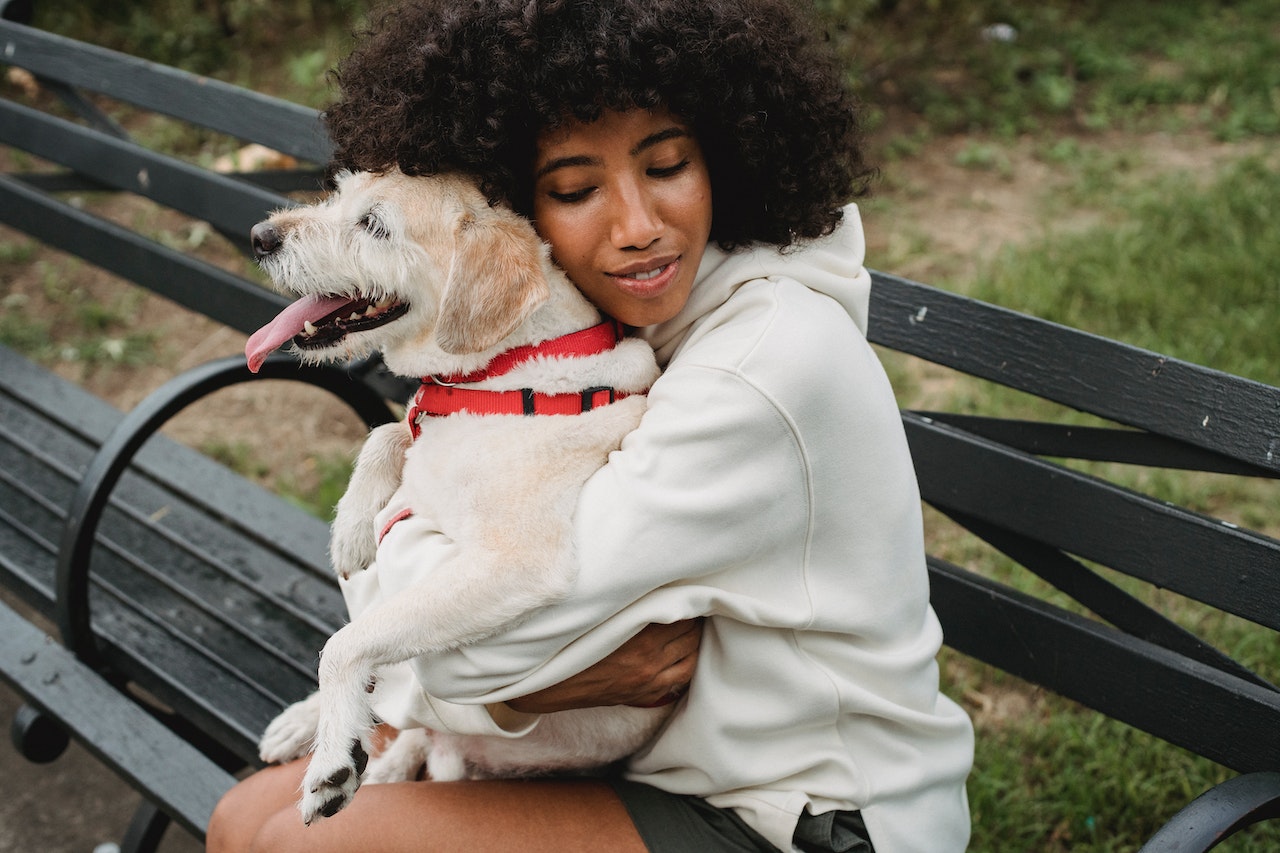Taking our furry best friends with us when we travel is a pet-parents dream. However, when it comes to Airbnb, ‘emotional support animal’ has a particular meaning. Are you certain that you have the correct definition?
Emotional support animals are viewed, by law in some places, as assistance animals. They are protected by laws that do not apply to normal pets. There is a logical reason for this and it stems from access and discrimination.
Before we get into both sides of the argument and where Airbnb falls in the discussion, let’s first define what an ‘emotional support animal’ actually is…
What is an Emotional Support Animal?
Wikipedia – “An emotional support animal is an animal that provides relief to individuals with “psychiatric disability through companionship.” Emotional support animals may be any type of pet, and are not recognized as service animals under the Americans with Disabilities Act.”
VeryWellMind.com – “An emotional support animal is an animal companion that offers some type of benefit to an individual with some form of disability. The animal is intended to provide companionship and support that will help alleviate at least one aspect of the disability. Dogs are the most common type of emotional support animal, but cats are quite common as well. Other types of animals, such as miniature horses, can also serve as ESAs.”
The ADA (Americans with Disabilities Act) – “Not all animals that individuals with a disability rely on meet the definition of a service animal for purposes of ADA. According to the U.S. Department of Housing and Urban Development (HUD), an emotional support animal is any animal that provides emotional support alleviating one or more symptoms or effects of a person’s disability. Emotional support animals provide companionship, relieve loneliness, and sometimes help with depression, anxiety, and certain phobias, but do not have special training to perform tasks that assist people with disabilities. Emotional support animals are not limited to dogs.”

How Does Airbnb Define an ‘Emotional Support Animal’?
Airbnb has always made a differentiation between service animals and emotional support animals. However, they share many of the same rights and protections under the law. According to the Airbnb Accessibility Policy, “An animal that provides companionship, relieves loneliness, or helps with depression, anxiety, or certain phobias but is not required to have special training to perform tasks that assist people with disabilities.”
As a Host, What Are My Rights?
In the eyes of Airbnb, emotional support animals are not the same as service animals. They are not necessarily afforded the same privileges. In the Accessibility Policy, great time has been taken to ensure that the rights of Airbnb hosts are explained clearly.
Airbnb bases its emotional support animal policy on the rules and regulations of the local area. For example, in New York or Los Angeles, if a guest with an emotional support animal wants to stay at your property, you cannot charge them pet fees or refuse a booking.

When it comes to Airbnb emotional support animals in areas that allow it by law, hosts are not permitted to do the following:
- Charge pet fees for bookings with an emotional support animal.
- Request documentation and/or information about the services that the emotional support animal in question is trained to perform.
Airbnb hosts are permitted to do the following, but only in jurisdictions that do not mandate whether you have to accept emotional support animals or not:
- Charge a pet fee, decline a booking or apply different rules or treatments to guests with emotional support animals.
- Ask for documentation or proof of what services the emotional support animal is trained in.
In the simplest of terms, Airbnb’s policy on emotional support animals reflects the laws of the area in which the property is located.

Top Tips: Airbnb Emotional Support Animals
One of the biggest complaints we hear from hosts when it comes to emotional support animals is the cleaning aftermath. Over the years, we’ve picked up a few tips on how to deep clean your listing. And we’re practically experts on dog hair!
To remove pet hair from carpets, mix one part fabric softener with three parts water in a spray bottle. Spray your carpets with the fabric softener and water mixture and leave them to dry. Go over the rugs with your vacuum and say goodbye to even the most stubborn pet hair! The fabric softener helps loosen the hair and the vacuum will suck it all away in a flash. We would also strongly recommend buying a couple of sticky clothes rollers and using them for upholstery and curtains.




Comments are closed.